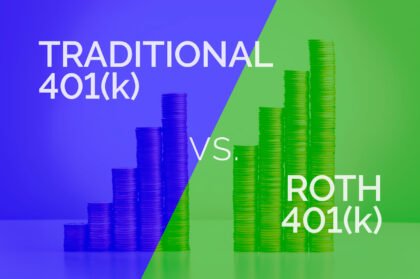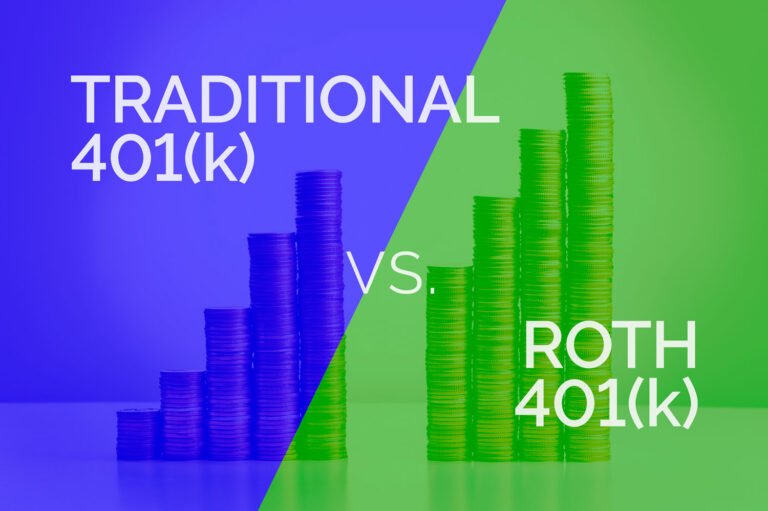Hello, fellow financial enthusiasts! Today, we’re about to lift the curtain on the world of “IPOs” or Initial Public Offerings. Think of them as the grand opening night for companies, the moment they step onto the financial stage and invite the public to invest in their success. It’s a bit like watching a new blockbuster movie before everyone else – exciting and full of potential. Let’s delve into this thrilling financial premiere.
Table of Contents
IPOs: The Big Debut
Imagine you’re at a theater, and the lights dim as the curtain rises. That’s the IPO moment for a company. An Initial Public Offering is when a privately-owned company decides to go public, selling its shares to the general public for the first time. It’s like opening night for a new show, and the company becomes a publicly traded one, listed on a stock exchange.
Why Do Companies IPO?
Companies decide to go public for a variety of reasons:
- Capital Infusion: Going public allows them to raise substantial capital by selling shares, which can be used for growth, paying off debt, or financing new projects.
- Liquidity for Investors: It offers liquidity to early investors and employees who hold shares, allowing them to cash in on their investments.
- Enhanced Visibility: Public companies often gain more visibility and credibility, which can attract customers, partners, and employees.
- Currency for Acquisitions: Publicly traded shares can be used as currency for mergers and acquisitions, making it easier for a company to expand.
The IPO Process
IPOs don’t happen overnight; they involve several steps:
- Hiring Advisors: The company typically hires investment banks, underwriters, and legal advisors to guide them through the process.
- Due Diligence: In-depth financial and legal due diligence is conducted to ensure the company is ready for public trading.
- Filing with the SEC: The company files a registration statement with the U.S. Securities and Exchange Commission (SEC) that includes details about the business, its finances, and the proposed IPO.
- Roadshow: The company and its underwriters conduct a roadshow to promote the IPO to potential investors.
- Pricing: The IPO’s price and the number of shares to be sold are determined, and the shares are offered to the public for the first time.
- First Day of Trading: The company’s shares debut on a stock exchange, and the stock starts trading.
Risks and Rewards
Investing in IPOs can be exciting, but it’s not without risks:
- Potential for Growth: IPOs of successful companies can offer substantial returns, much like investing in a blockbuster movie early in its release.
- Uncertainty: New companies may have limited financial histories, making it challenging to assess their potential.
- Market Volatility: IPOs can be highly volatile in their initial trading days, like the excitement and uncertainty of a movie’s opening weekend.
- Long-Term Performance: Not all IPOs perform well in the long run, and some can underperform or even fail.
In Conclusion
IPOs are the grand opening nights for companies, where they step onto the financial stage and invite the public to invest in their journey. Just like a blockbuster movie premiere, there’s excitement and potential, but also risks. When considering an IPO investment, make sure to do your homework, understand the company’s fundamentals, and assess your risk tolerance. Whether you’re in the audience on opening night or watching from afar, IPOs are a fascinating part of the financial world. Enjoy the show!


